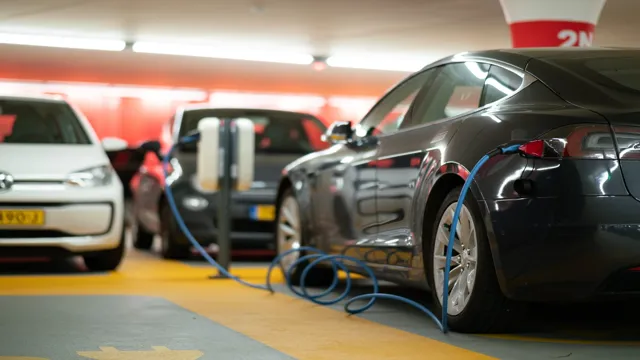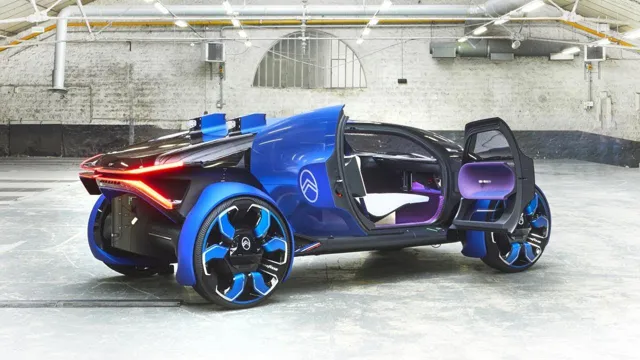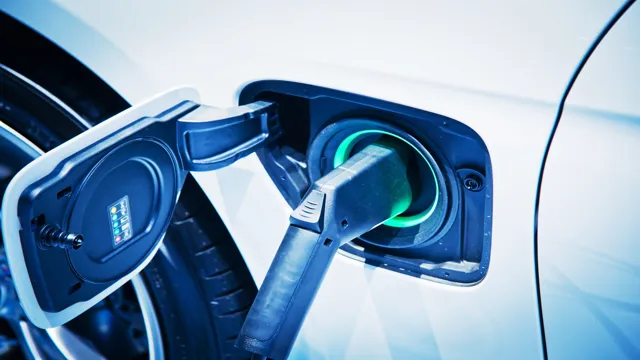Electric Cars: The Ultimate Savior of Planet Earth or Just Another Fad?
As our planet is facing pressing environmental challenges, more and more people are turning to electric cars as a potential solution to reduce harmful emissions and protect the environment. The growing popularity of electric cars can be attributed to their zero-emission performance, fuel efficiency, and lower maintenance costs. But do electric cars really save planet Earth? This is a question that has been debated by many.
While some believe that electric cars are a positive step forward for the environment, others argue that they are not as environmentally friendly as they seem. In this blog post, we will explore the impact of electric cars on the environment and discuss whether they really are the savior our planet needs.
Environmental Impact of Gas Cars
Are electric cars saving planet earth? Well, the answer to that question is a little more nuanced than a simple yes or no. On one hand, electric cars have the potential to significantly reduce greenhouse gas emissions when compared to traditional gas cars. Gas cars emit carbon dioxide, which is a major contributor to climate change.
Electric cars, on the other hand, produce zero direct emissions. This means that if the electricity used to power the car comes from renewable sources like wind or solar power, the environmental impact of driving an electric car can be much lower than that of driving a gas car. However, the manufacture of electric cars still has a significant environmental impact.
The production of batteries and the mining of materials like lithium and cobalt can be extremely damaging to the environment. Additionally, the electricity used to power electric cars is often generated by burning fossil fuels. In conclusion, while electric cars have the potential to reduce greenhouse gas emissions, their environmental impact is still complex and multifaceted.
We must continue to work towards cleaner sources of energy and sustainable production practices in order to truly save planet earth.
Greenhouse Gas Emissions
Greenhouse gas emissions from gas-powered cars have a significant negative impact on the environment. These emissions contribute to air pollution, which can lead to a range of health problems, including respiratory issues and heart disease. Gas cars are also a significant contributor to climate change, as the carbon dioxide and other gases they emit trap heat in the atmosphere, leading to rising global temperatures.
This increase in temperature has severe consequences for the planet, including more frequent natural disasters, rising sea levels, and the extinction of certain species. It’s crucial to transition to electric cars, which emit significantly fewer greenhouse gases and have a much lower impact on the planet. By doing so, we can help mitigate the worst effects of climate change and create a healthier, more sustainable future for all.

Air Pollution
Gas cars have a significant impact on the environment in terms of air pollution. The exhaust from gas cars contains harmful substances such as carbon monoxide, nitrous oxides, and hydrocarbons. These pollutants contribute to the formation of smog, which can result in respiratory problems for both humans and animals.
Additionally, they can have detrimental effects on the environment, contributing to global warming, acid rain, and the depletion of the ozone layer. Gas cars have become one of the primary sources of air pollution, primarily in urban areas where there is a high concentration of vehicles. The good news is that there are alternatives, such as electric or hybrid vehicles, that emit significantly less pollution and contribute to a cleaner environment.
Making the switch to these more eco-friendly options can have a positive impact on both the environment and individual health.
Benefits of Electric Cars
Electric cars are certainly doing their part to save planet earth. Not only do they emit significantly less greenhouse gases than traditional gas-guzzlers, they also reduce dependence on fossil fuels. This is a big win for the environment, as it reduces carbon emissions, air pollution, and the amount of non-renewable resources consumed.
Compared to conventional cars, electric vehicles produce almost no emissions, which is both better for the planet and for our health. And while some people may argue that electric vehicles are more expensive upfront, the long-term savings in fuel and maintenance costs make them a smart investment. Overall, electric cars are a great way to reduce our carbon footprint and contribute to a cleaner, more sustainable planet.
So, if you’re looking for a way to reduce your impact on the environment, switching to an electric car is a great place to start.
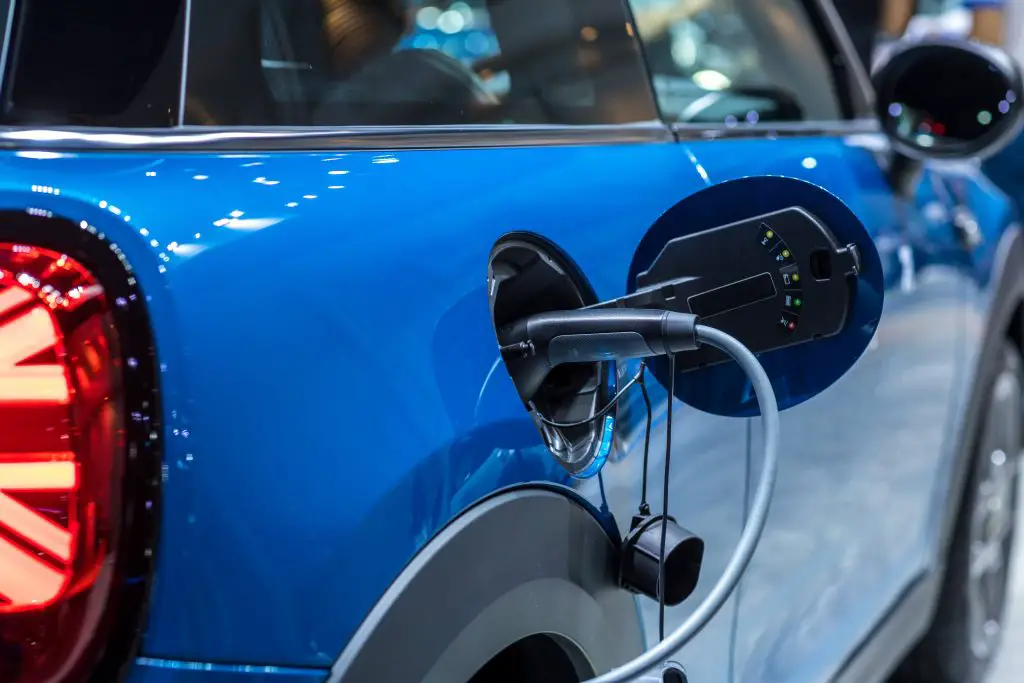
Zero Emissions
Zero emissions are becoming increasingly important in the world today, and one of the best ways to achieve this is by driving an electric car. There are many benefits to electric cars, including better air quality, long-term cost savings, and a quieter driving experience. With no tailpipe emissions, electric cars don’t contribute to air pollution, which is a significant problem in many cities.
Additionally, while electric cars can be more expensive upfront, they save money in the long run with lower fuel and maintenance costs. And, because electric motors are much quieter than traditional engines, drivers can enjoy a more peaceful ride. Electric cars are also becoming more accessible, with more models available at lower prices, making it easier for people to make the switch.
Driving an electric car is not only better for the environment, but it can also be a smart financial decision. So why not consider making the switch to an electric car?
Reduced Dependence on Fossil Fuels
Electric cars are becoming increasingly popular due to their numerous benefits, including reduced dependence on fossil fuels. By using electricity instead of gasoline, electric cars produce less air pollution and reduce our carbon footprint, making them more environmentally friendly than traditional vehicles. Not only are electric cars better for the environment, but they are also more cost-effective in the long run.
Electric cars require less maintenance and have lower fuel costs, which can save drivers thousands of dollars over the life of the vehicle. Furthermore, electric cars offer a smooth and quiet ride that is comparable to traditional cars, with the added benefit of being emission-free. Ultimately, by transitioning to electric cars, we can reduce our reliance on fossil fuels and move toward a more sustainable future.
Long-term Cost Savings
One of the biggest benefits of electric cars is their long-term cost savings. Although the initial investment may be higher than that of a traditional gasoline-powered vehicle, the overall cost of ownership and maintenance is significantly lower. First and foremost, the cost of fueling an electric car is exponentially lower compared to a gas-powered vehicle.
This is because electric cars run on electricity, which is considerably cheaper than gasoline. Additionally, electric cars require drastically less maintenance than traditional cars, largely due to the fact that they have fewer moving parts and don’t require oil changes or other regular maintenance tasks. This not only saves money in the long run, but it also decreases the amount of time and hassle spent on regular vehicle upkeep.
Overall, the long-term cost savings associated with owning an electric car make them an attractive choice for anyone looking to save money and reduce their carbon footprint.
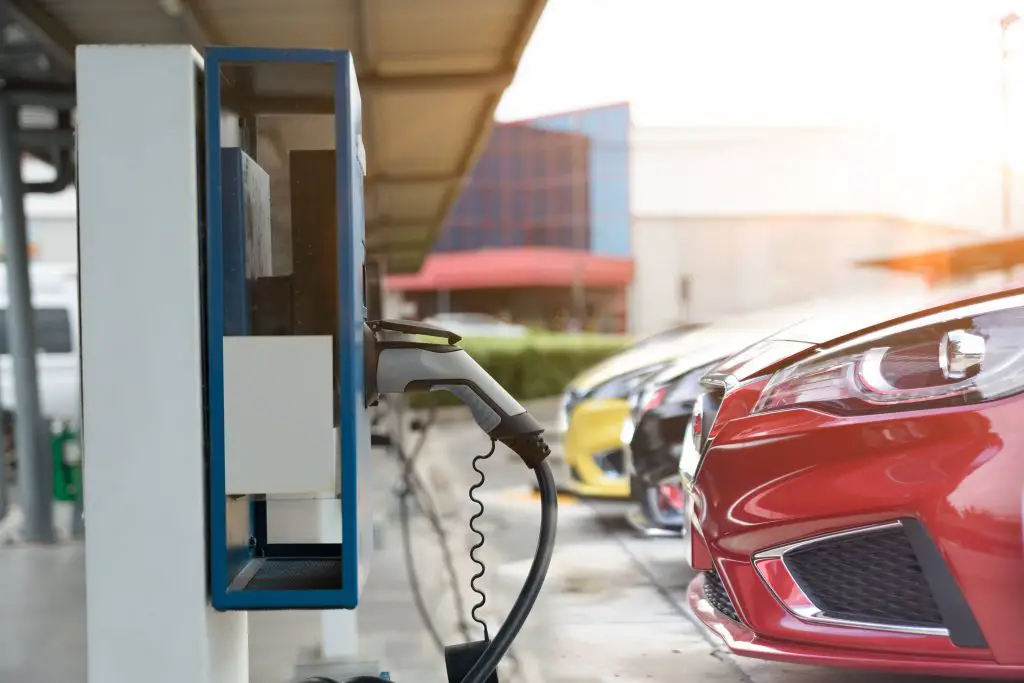
Challenges of Electric Cars
Are electric cars saving planet earth? While it would be great to say that they are the perfect solution to reducing carbon emissions and combating climate change, the reality is that electric cars still face a number of challenges. For starters, charging infrastructure remains limited, making it difficult for some people to rely on electric cars for their daily commute. Additionally, the production of batteries and the disposal of used batteries can have negative environmental impacts.
Moreover, electric cars have a higher upfront cost than traditional gasoline-powered vehicles, which can deter some potential buyers. However, despite these challenges, electric cars have the potential to make a significant impact in reducing carbon emissions and helping to preserve the planet. As technology continues to evolve and the cost of electric cars decreases, we may see even more people making the switch to this more sustainable transportation option.
Limited Charging Infrastructure
Electric Cars One of the main challenges facing the adoption of electric cars is the limited charging infrastructure. While gasoline-powered cars can be refueled at any gas station, electric cars rely heavily on charging stations. Unfortunately, these charging stations are not as ubiquitous as gas stations, making it inconvenient for electric car owners to charge their vehicles when necessary.
Furthermore, even when charging stations are available, there can be long wait times as electric cars take longer to charge than gas-powered vehicles take to refuel. This issue can cause range anxiety among electric car drivers, making them hesitant to take longer trips. As the popularity of electric cars increases, there is a need for more widespread and accessible charging infrastructure to make electric cars more practical and convenient for everyday use.
Production-related Emissions
Electric cars have gained popularity in recent years due to their eco-friendly nature and better fuel efficiency. However, one of the biggest challenges faced in the production of electric cars are the production-related emissions. The manufacturing and transportation of the materials required for the production of electric cars result in significant emissions of greenhouse gases.
These emissions often outweigh the environmental benefits of using electric cars. Furthermore, the production of batteries for electric cars requires a significant amount of energy and materials, which creates additional emissions. To make electric cars truly eco-friendly, it is essential to reduce the emissions involved in the production process.
Manufacturers need to find ways to reduce the carbon footprint of the production process and create more sustainable materials for battery production. This will ensure that electric cars have a proper eco-friendly impact and contribute positively to the environment. Despite the challenges, it is important to continue investing in electric cars as they promise to be the future of sustainable transportation.
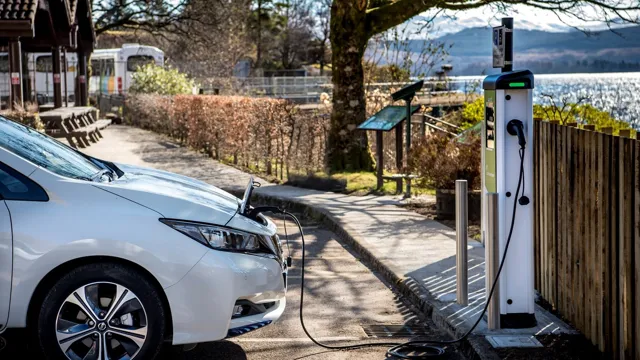
Conclusion: Electric Cars and the Environment
In conclusion, the answer to whether electric cars are saving planet earth is a resounding “yes”! By reducing our reliance on fossil fuels and emitting significantly less greenhouse gases, electric cars are a critical step towards a more sustainable future. But as with any environmental solution, it’s essential to remember that there’s no silver bullet – electric cars alone won’t solve all of our problems. However, by continuing to innovate and invest in clean energy, we can work towards a world where electric cars are just one part of a thriving, sustainable ecosystem.
So, let’s keep driving towards a brighter, greener future – one electric car at a time!”
FAQs
How are electric cars contributing to the conservation of our planet?
Electric cars produce zero emissions, which helps reduce air pollution and greenhouse gas emissions, ultimately conserving our planet.
Are electric cars a better option than traditional gasoline-powered cars?
Yes, electric cars are a better option as they produce less or zero emissions, have lower maintenance costs, and contribute towards a better environment.
How much do electric cars cost compared to traditional cars?
Although initially more expensive, electric cars have lower operating costs and require less maintenance, making them a more economical option in the long run.
Are there enough charging stations for electric cars?
While charging infrastructure is still being developed, the number of charging stations has increased significantly over the past few years, making it easier for electric car owners to find a charging spot.



